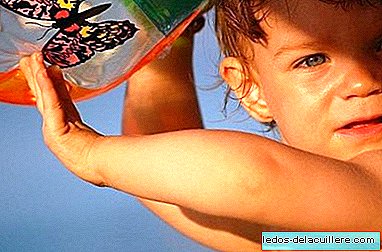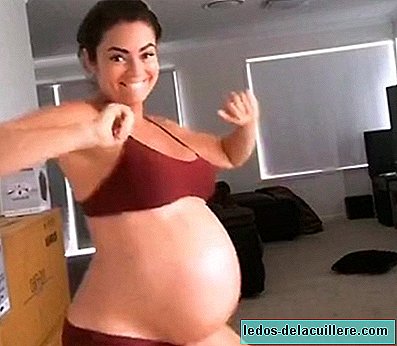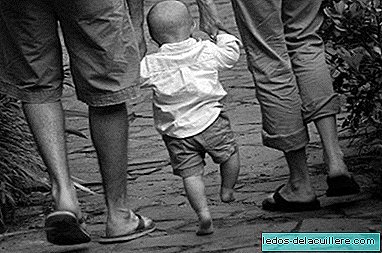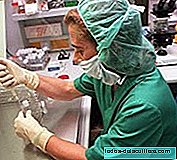
Regurgitate It is one of the constants of breastfeeding. Sometimes, it is because the baby has eaten more than his stomach allows; others, it occurs when it has gases. Although it may scare us, regurgitation should not be a cause for concern.
Regurgitation is very rarely associated with choking, coughing or discomfort, and does not usually involve any danger to the baby, even if it occurs while sleeping.
Some babies regurgitate more than others, but most stop doing it when they begin to sit. A few continue to regurgitate until they start walking or until they learn to drink by the glass, and there are even some who continue to do so throughout the first year of life.
Although it is practically impossible to prevent a baby from regurgitating, the following recommendations will help you reduce the frequency of these episodes as well as the amount of regurgitated fluid. * Turn the shots into a relaxed, pleasant and peaceful experience. * Avoid interruptions, bright lights, sudden noises and any other type of distraction while you are feeding your child. * If you are giving the bottle, make sure the hole in the bottle is neither too big nor too small; If the hole size is adequate, you will prevent the milk from going too fast and the intake of air. Be sure to take out the gases at least every five minutes after bottle feeding. * Do not feed your child while lying. * Immediately after each shot, place the baby in an upright position, for example, sitting in a car seat or in his car, with his head resting on your shoulder, etc. * Do not shake the baby or propose vigorous games after feeding. * Try feeding him before he is very hungry. * Raise the head of the crib slightly without using pillows and place the baby on his back to sleep. Thus, it will have a head higher than the stomach and cannot be choked or drowned in case it regurgitates while sleeping.
It is important to know the difference between regurgitating and vomiting. When a baby regurgitates, he hardly seems to notice. Vomiting, however, involves violently expelling ingested food and is often associated with discomfort. In general, vomiting occurs shortly after feeding and the amount of food expelled is greater than in a regurgitation. If your child vomits regularly (one or more times a day) consult your pediatrician immediately.












